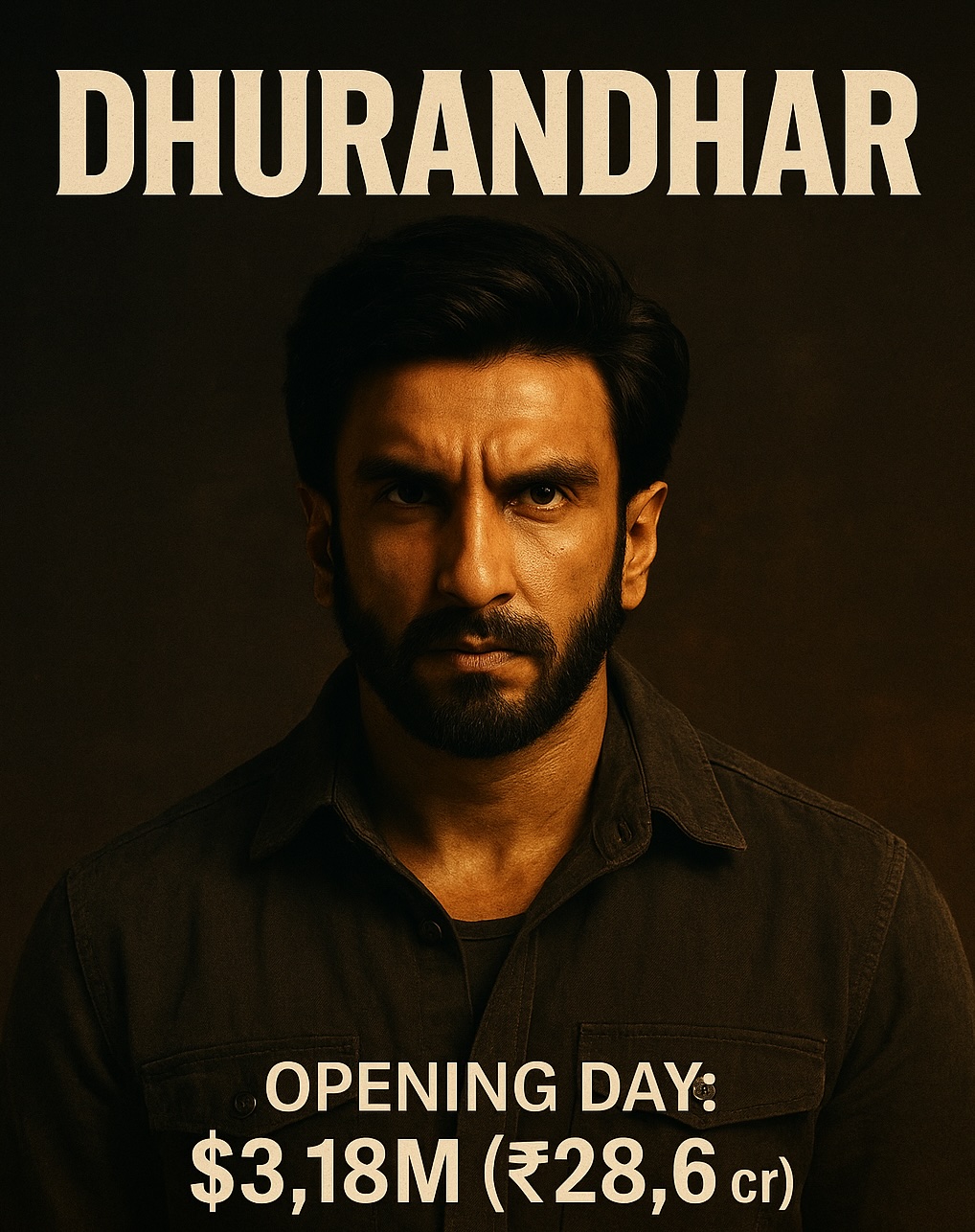Director James Erskine’s docu-drama on cricketer Sachin Tendulkar, which is narrated by the man who made the number 10 jersey legendary, is a 136-minute resume of the Master Blaster’s career. It’s also a kind of tribute to all the people who have contributed to his rise, success and longevity, starting with Tendulkar’s family, in particular his parents and brother Ajit, to his coach Ramakant Achrekar, wife Anjali and children, his fans and his colleagues.
The film, which recreates his childhood using actors to play the principal characters, follows Sachin’s life from being a precocious child. We see how his undiscovered talent came to the fore when his sister gifted him his first cricket bat and how Ajit guided him through every cricketing hurdle. Sachin tells us about his joys and disappointments as a sportsman representing his country – emotions linked to both his personal achievements and those of the entire team. He invites us to see some personal family moments and he introduces us to his children.
So do we learn anything new? Not really. Do we feel anything new? Not really. But it’s impossible not to feel moved as we watch clips of India lifting the World Cup in 2011 and not to get a little teary-eyed hearing Sachin say thanks and farewell as he retires from professional cricket in 2013. Throughout the war cry of ‘Sachin Sachin’ is underscored by A R Rahman’s pulsating music.
As expected, there are no shades of grey. No critique of note. Tendulkar does address some criticism that came his way during his two innings as captain. There’s no comment from Dravid and Kambli, with whom he had fallen out. The only colleague who he clearly had some disregard for is Azharuddin.
On the upside, we get to see clips of the team video made after he scored his 35th hundred, some family videos and almost everything Anjali says tells us the most about their lives and their relationship.
The Hindi version, which is what I watched, is too scripted and rehearsed, and Australian writer Gideon Haig “speaking” Hindi was amusing. Bits about India-Pakistan history and some context of changing Indian politics during Sachin’s 25 years seems too contrived and catering to an international audience. The attempt to tell the story of India’s growth through Sachin’s evolution — economic liberalisation, becoming a cricketing and economic powerhouse, etc — was a good idea that missed the mark.
This is one strictly for fans of, unarguably, one of the greatest cricketers of our times, whose influence on the sport and whose passion has carried a generation of fans.





